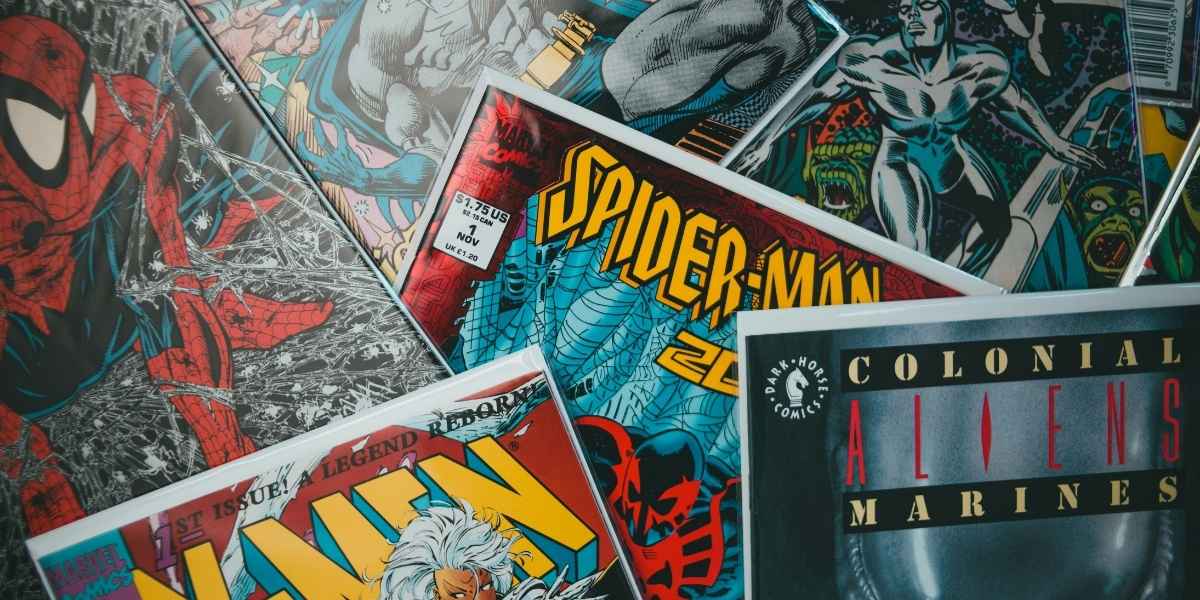Road trip comedies have long been a beloved genre in film, offering audiences a combination of humor, adventure, and camaraderie as characters embark on journeys of self-discovery and hijinks on the open road. However, in recent years, there has been a noticeable decline in the popularity of these films. In this article, we’ll explore the factors contributing to the decline of road trip comedies, why they may no longer resonate with audiences as they once did, and whether there’s still hope for a revival of this classic genre.
What Are Road Trip Comedies?
Before we delve into the decline of road trip comedies, let’s first define what exactly they are. Road trip comedies are a subgenre of comedy films that typically follow a group of characters as they embark on a journey by car, bus, or other mode of transportation. Along the way, they encounter a series of mishaps, adventures, and colorful characters, leading to comedic situations and moments of self-discovery.
These films often explore themes of friendship, freedom, and the search for meaning, using the backdrop of the open road as a metaphor for life’s journey and the unexpected twists and turns it can take. Some classic examples of road trip comedies include “Planes, Trains and Automobiles,” “National Lampoon’s Vacation,” and “Dumb and Dumber.”
Changing Tastes and Preferences
One of the main factors contributing to the decline of road trip comedies is changing tastes and preferences among audiences. In today’s fast-paced world, where instant gratification and quick laughs are the norm, there may be less appetite for the slow-burn humor and episodic storytelling that are characteristic of many road trip comedies.
Audiences may also be seeking out more diverse and inclusive stories that reflect their own experiences and identities, rather than the often formulaic and predominantly white, male-driven narratives that have dominated the genre in the past. As a result, road trip comedies may no longer feel as relevant or relatable to modern viewers, leading to a decline in their popularity.
Oversaturation of the Market
Another factor contributing to the decline of road trip comedies is the oversaturation of the market. In recent years, there has been a proliferation of films and TV shows that follow similar formulas and tropes, making it difficult for individual titles to stand out and capture the attention of audiences.
With so many options available across multiple platforms, from streaming services to cable networks to theaters, viewers may be overwhelmed by choice and less inclined to seek out specific genres like road trip comedies. This oversaturation can also lead to fatigue and burnout, with audiences craving fresh and original storytelling rather than recycled tropes and cliches.
Changing Cultural Landscape
The decline of road trip comedies may also be reflective of broader changes in the cultural landscape. As society becomes more interconnected and globalized, with advances in technology enabling virtual travel and remote experiences, the idea of embarking on a physical journey may no longer hold the same appeal or significance it once did.
Additionally, the COVID-19 pandemic has further altered our perceptions of travel and adventure, with many people opting for staycations or virtual experiences over traditional road trips. This shift in mindset and behavior may have contributed to a decline in the popularity of road trip comedies, as audiences prioritize safety and comfort over the thrill of the open road.
Is There Hope for a Revival?
While road trip comedies may be facing challenges in today’s entertainment landscape, there’s still hope for a revival of the genre. With the right combination of fresh ideas, diverse perspectives, and innovative storytelling techniques, filmmakers and creators have the opportunity to breathe new life into the classic road trip formula and appeal to modern audiences.
By embracing digital platforms and social media, for example, filmmakers can connect with audiences in new and exciting ways, building anticipation and buzz for their projects and reaching viewers who may not have been exposed to traditional marketing channels. Similarly, by incorporating elements of diversity, inclusion, and representation into their stories, filmmakers can make road trip comedies feel more relevant and relatable to contemporary audiences.
A Beloved Staple in Cinema
In conclusion, the decline of road trip comedies can be attributed to a combination of factors, including changing tastes and preferences among audiences, oversaturation of the market, shifting cultural landscapes, and the impact of the COVID-19 pandemic. However, while the genre may be facing challenges, there’s still hope for a revival through fresh ideas, diverse perspectives, and innovative storytelling techniques.
Whether it’s through digital platforms, social media, or embracing diversity and inclusion, filmmakers have the opportunity to reinvent the classic road trip formula and capture the imagination of modern audiences. By staying true to the spirit of adventure, camaraderie, and humor that define the genre, road trip comedies can once again become a beloved and enduring staple of the cinematic landscape.









